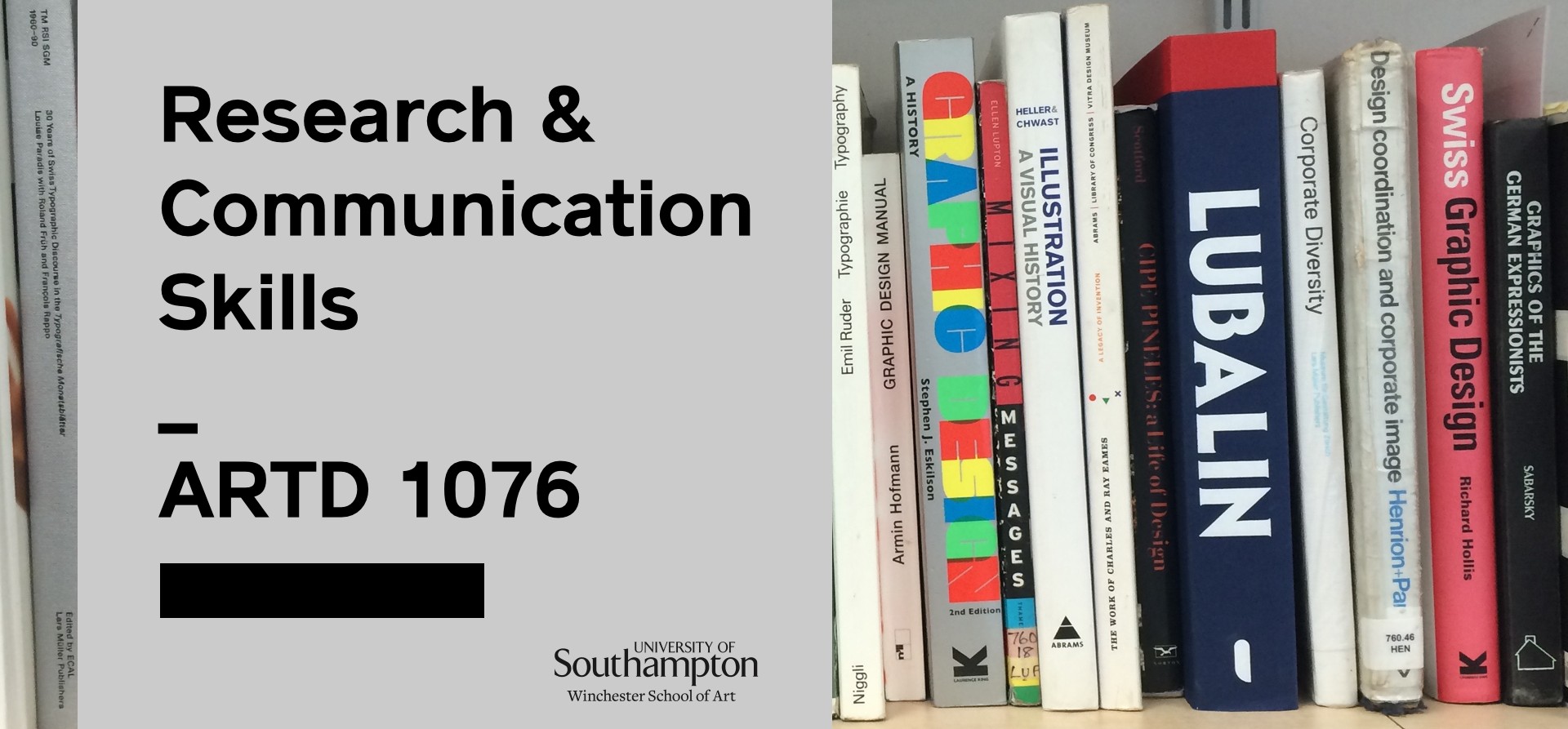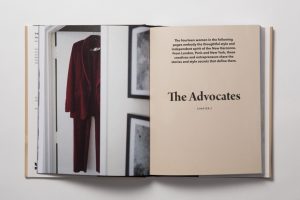In Fashion as Communication, Malcolm Barnard challenges and explores the complex meaning of “fashion” and the many different interpretations around the world. Challenging social structures, tradition and psychological factors that dictate the direction of “fashion” trends.
What I found most interesting was the summarisation of both “fashion” and “anti-fashion”. Barnard stated that fashion predominantly existed in first world countries where hierarchal structures existed to climb, where personal style becomes communal style and everyone longs to belong. He also stated that the only people that truly embraced “fashion” were the ones that wanted to achieve social status and climb from their current step on the social ladder. “Anti-fashion” was then said to either subsist in primitive societies, religion or in communities where there wasn’t a step higher to climb; where things were accepted as they are and had no incentive to change. Fashion was regarded as a purely egocentric and tainted industry, as opposed to the liberating and personal practice I believe it to be. Another point I found fascinating was the double standards he spoke of in the fashion industry, regarding gender equality and the arts superiority to fashion; a point I whole heartedly believe to be true.
Malcolm Barnard failed to acknowledge the French. In a country where men and women dress for practicality and timeless elegance as opposed to ulterior motives and social climbing tendencies. Rich or poor, you see Parisians in simplistic clothing that pride quality over quantity. While the rest of the Western world use their wardrobe as a platform to reach higher places, the French get dressed to make the climb to the top more comfortable. Men and women alike have the freedom and confidence to wear what makes them comfortable, they aren’t restricted by words like “feminine” and “masculine” (the words that should really be studied), they merely choose pieces they like and wear what makes them feel content and relaxed. As said in Chanel’s fashion memoir: “simplicity will undoubtedly be the last word in luxury”.
I think what they, and the many followers of French fashion possess is a heightened appreciation of individuality. English designer Bella Freud put it perfectly in her interview with ‘The New Garconne’ saying ‘All my interest in fashion is in identity’. I think its pointless to stereotype and restrict this incredibly freeing term embraced world wide. I don’t think “fashion” is something that can be studied and result in a definitive answer; I think the reason its such a bewitching industry is its meaning is endless and personal. In regards to art surpassing “fashion”, I think its a continuation of chauvinistic white male domination of previous decades. Personally I believe “fashion” is the more practical approach to art, what makes art better than being able to whip it up into a design that will keep you warm and protect your modesty.
Batliwalla, N.B (2016) The New Garconne. London: Laurence King
Baudot, F.B (1958) Fashion Memoir Chanel. London: Thames and Hudson.

